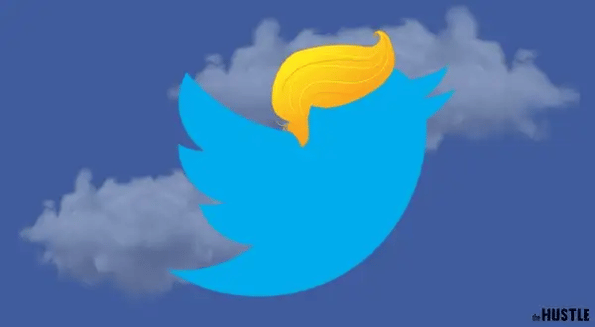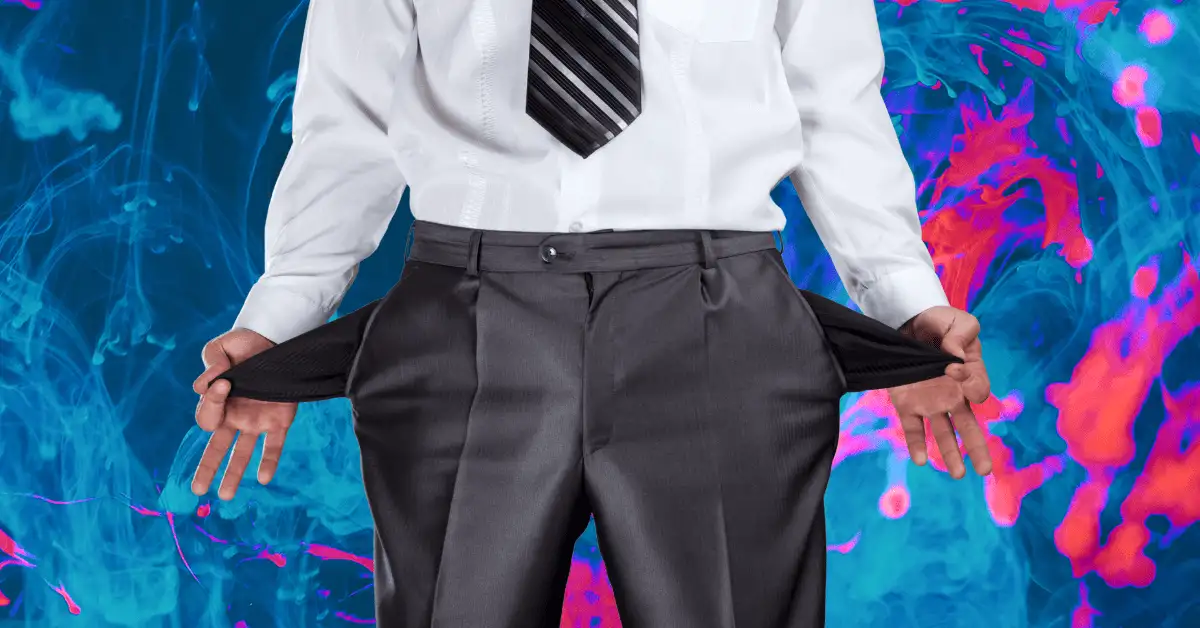Even by Twitter standards, it’s been a very strange week. It culminated yesterday, in President Trump’s signing of an executive order that could reshape how the internet’s social giants treat the tweets, memes, and screeds we post on our feeds.

A quick backstory
This week, Trump fired off tweets that made everyone ask: WWJDD (What Will Jack Dorsey Do?).
The answer: Twitter added fact-checking links to 2 Trump tweets about fraudulent voting by mail. Fact-checkers have said mail-ballot fraud is extremely rare, and PolitiFact hit Trump with a pants-on-fire grade.
Twitter later added hundreds of fact-check notes to other non-Trump tweets.
Jack poked the bear
There are 2 big legal issues at play in the order Trump signed. The First Amendment, and a bedrock internet law known as Section 230.
As for the former: The First Amendment doesn’t apply to private companies like Twitter and Facebook. But the order tries to redefine the platforms’ free-speech obligations anyway.
And Section 230 is where it gets interesting
The law is essentially a liability force field — it protects tech companies from being sued over what users post.
It’s also widely misunderstood — it was designed to encourage tech companies to moderate discussions, not to enjoy total freedom while users slug it out in an unregulated Wild West.
Politicians on both sides of the aisle have said 230, which dates back to 1996, could use a fresh coat of paint — or be scraped off the wall entirely. That said, many critics see Trump’s order as little more than retaliation for the fact-check.
Here’s what the order does
In 4 bullet points, translated from Bureaucratese to English:
- It narrows tech companies’ protection. Once they play editor and start removing or restricting access to permitted content, the force field goes away.
- It calls for clarity from the FCC. Clarity on which moderation moves are out of bounds, that is.
- It could clamp down on ad spending. Specifically: ad spending by government agencies on platforms “that violate free speech principles.”
- It includes federal and state reviews. The order says complaints submitted to a White House bias-reporting form will be forwarded to the FTC and the Justice Department. And it calls for a working group to create model state legislation on “unfair or deceptive” practices.
But will the order hold?
Don’t hold your breath, legal experts say. Expect it to end up in court. (For context: Several people have sued social platforms for alleged bias, but a review by The Verge found they keep losing.)
The White House order could also backfire. At The Guardian, Alex Hern said tech’s bigwigs could respond by taming discussions with a chainsaw rather than a scalpel, “deleting posts, or blocking users, rather than simply fact checking or reducing the reach of the worst material.”










